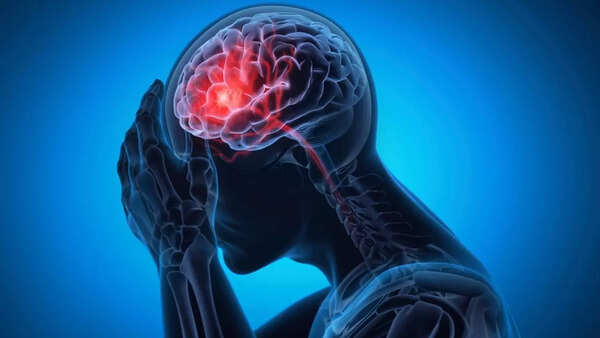Billy Joel cancels tour after brain disorder diagnosis: What is normal pressure hydrocephalus?

Popular singer-songwriter Billy Joel has cancelled his upcoming concerts following his diagnosis with a brain disorder that many fans may have never heard of before: normal pressure hydrocephalus (NPH).Known for packing out Madison Square Garden for nearly a decade with his iconic performances, the 76-year-old musician is now facing a new challenge, but he is determined to focus on his recovery.Joel’s team announced in a statement on social media that his condition has been exacerbated by recent concert performances, leading to problems with hearing, vision and balance.“Under his doctor’s instructions, Billy is undergoing specific physical therapy and has been advised to refrain from performing during this recovery period. Billy is thankful for the excellent care he is receiving and is fully committed to prioritizing his health,” the statement further read.Let’s understand what exactly is NPH, and why is it so often misdiagnosed?

What is NPH?
Normal pressure hydrocephalus is a neurological disorder where excess cerebrospinal fluid accumulates in the brain’s ventricles – open spaces that normally cushion and nourish the brain. But in NPH, this fluid buildup occurs without the typical increase in pressure, which can make the condition especially tricky to diagnose. The symptoms, subtle at first, often mimic those of more widely recognised conditions like Alzheimer’s or Parkinson’s.
Symptoms of NPH
According to John Hopkins Medicine, the disorder most often affects older adults, and its symptoms can be like those of Alzheimer and Parkinson diseases.The key symptoms of NPH are known as Hakim’s Triad:Walking difficulties – Patients often feel like their feet are stuck to the floor.Cognitive decline – Memory loss and confusion can gradually take over.Urinary incontinence – A symptom often overlooked or attributed to aging.In Joel’s case, these symptoms became more pronounced due to the physical demands of touring.
Who’s at risk?
Though rare, NPH primarily affects those over 65, with the average age of onset around 70. Risk increases if someone has previously had a brain infection, injury, surgery, or tumor. Despite affecting just 0.2% of people in their 70s, that number rises sharply in older populations.
Diagnosis and treatment
Unlike many neurodegenerative diseases, NPH can sometimes be reversed. Diagnosis typically involves a combination of neurological exams, brain imaging (CT or MRI), and a spinal tap. If confirmed, one of the most effective treatments is surgical: the placement of a shunt to drain excess fluid from the brain to the abdomen.Still, shunt success isn’t guaranteed. “Implanting a shunt doesn’t work for everyone,” Johns Hopkins experts explain, “but prompt diagnosis improves outcomes.”
















